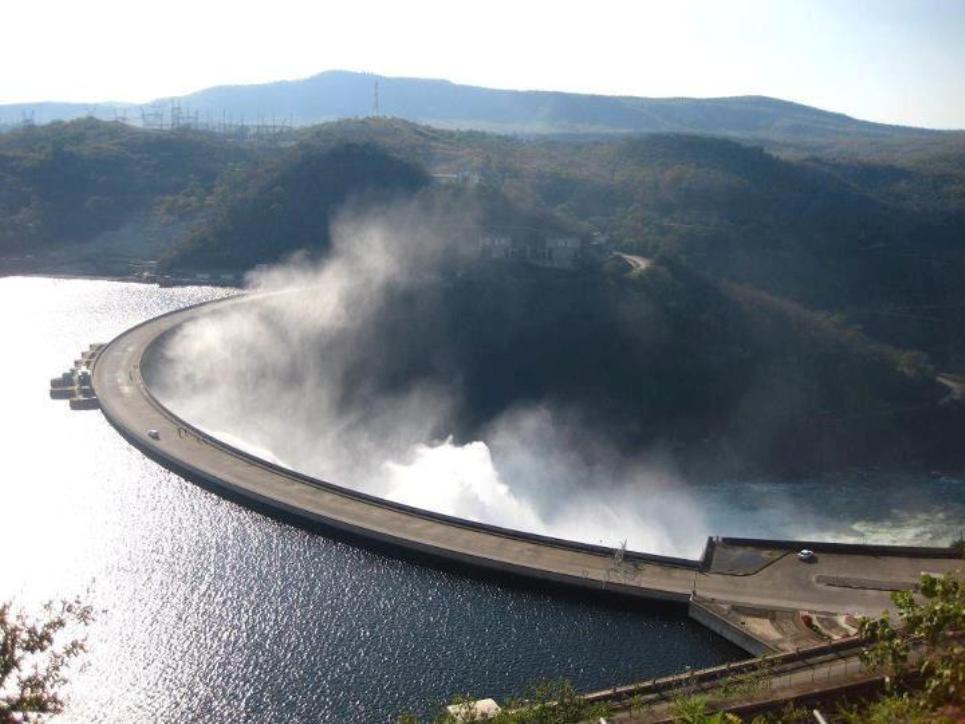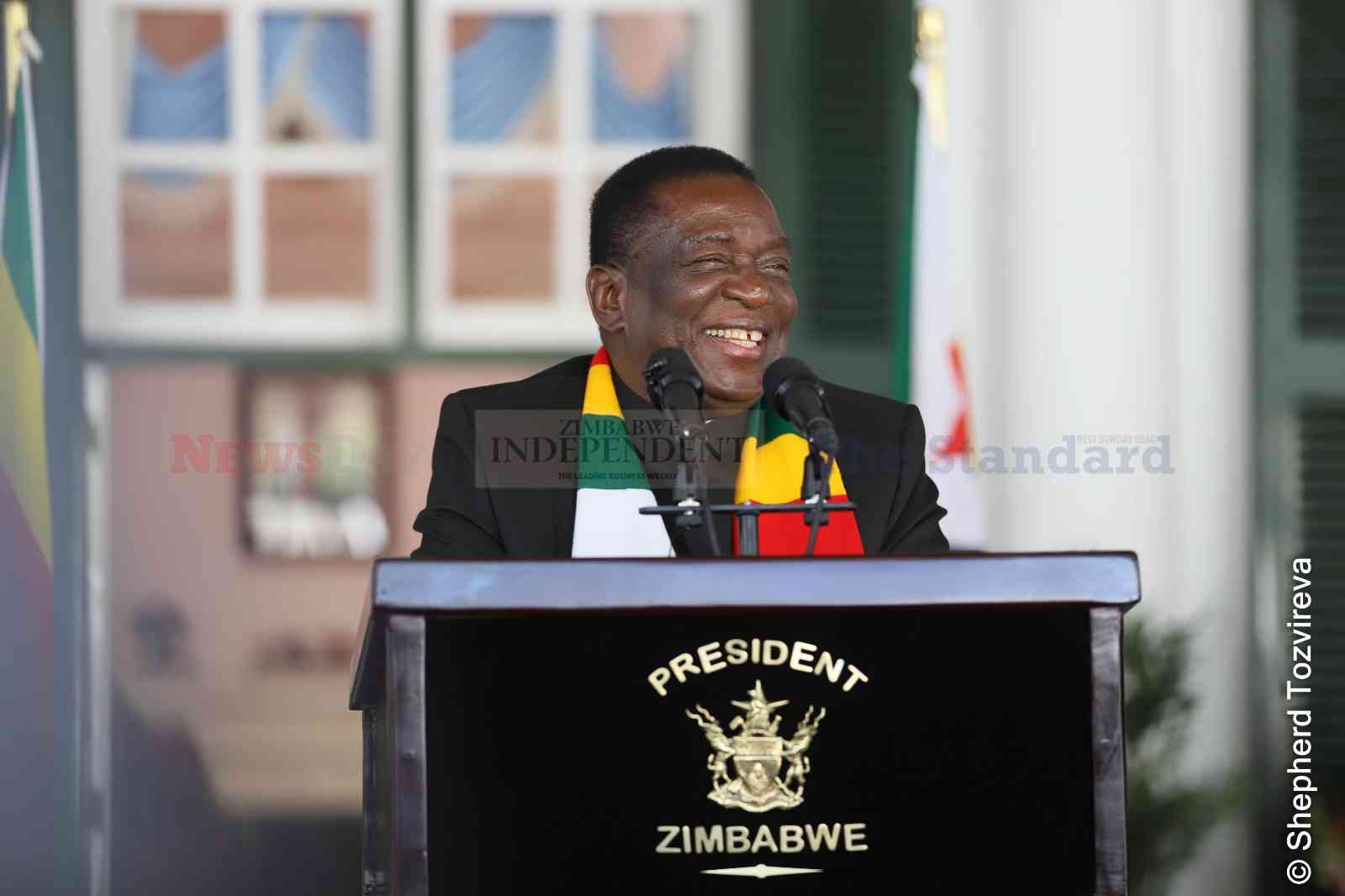
The Zimbabwe Electricity Transmission and Distribution Company (ZETDC) and Zimbabwe Power Company (ZPC) have formally applied to hike electricity tariffs next year.
by Nqobile Bhebhe
The review application to the Zimbabwe Energy Regulatory Authority (Zera) was meant to cater for additional emergency power imports from regional utilities due to reduced supply from the Kariba Power Station, owing to reduced water levels in Lake Kariba.

The two Zesa subsidiaries said they applied for the review of electricity tariffs in terms of the provision of Section 53 (1) of the Electricity Act (Chapter 13:19).
“The application is seeking an increase of the electricity tariff from the average current level of $9,89c/kWh. The tariff is derived using the approved rate of return (ROR) methodology provided in Section 52 of the Electricity Act. The methodology was approved by the Government of Zimbabwe in 2004,” ZETDC said in a statement.
According to the notice, ZETDC was seeking the increases to cover the increased costs of the diesel-generated power and additional imports in order to maintain supply at current levels and avoid shrinking the economy.
Zimbabwe is pursuing various hydro, solar and thermal power projects countrywide.
However, Zera said the application by ZETDC did not mean that the application had been approved.
- Chamisa under fire over US$120K donation
- Mavhunga puts DeMbare into Chibuku quarterfinals
- Pension funds bet on Cabora Bassa oilfields
- Councils defy govt fire tender directive
Keep Reading
“It is instructive to note that no electricity tariff review for 2016 has as yet been undertaken. Prior to a decision being made on the new tariff, a mandatory statutory consultative process involving consumers must be undertaken,” Zera said.
The energy sector regulator said it would hold consultative meetings in January with the Consumer Council of Zimbabwe, residents associations, farmer unions, Confederation of Zimbabwe Industries, Zimbabwe National Chamber of Commerce and the Chamber of Mines.
Zesa has rolled out load-shedding schedules, whereby residents sometimes go for as much as 24 hours without power, as it battles to distribute the available power.
Kariba Power Station is generating 475 megawatts (MW) instead of 750MW, due to low water levels.
Zesa also generates power at Hwange, Kariba and three small thermal stations in Harare, Munyati and Bulawayo, but this is not enough to satisfy the national needs.











